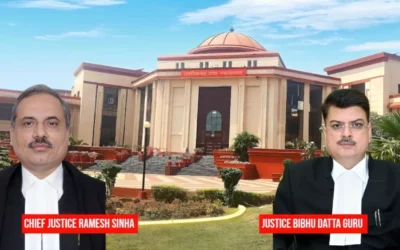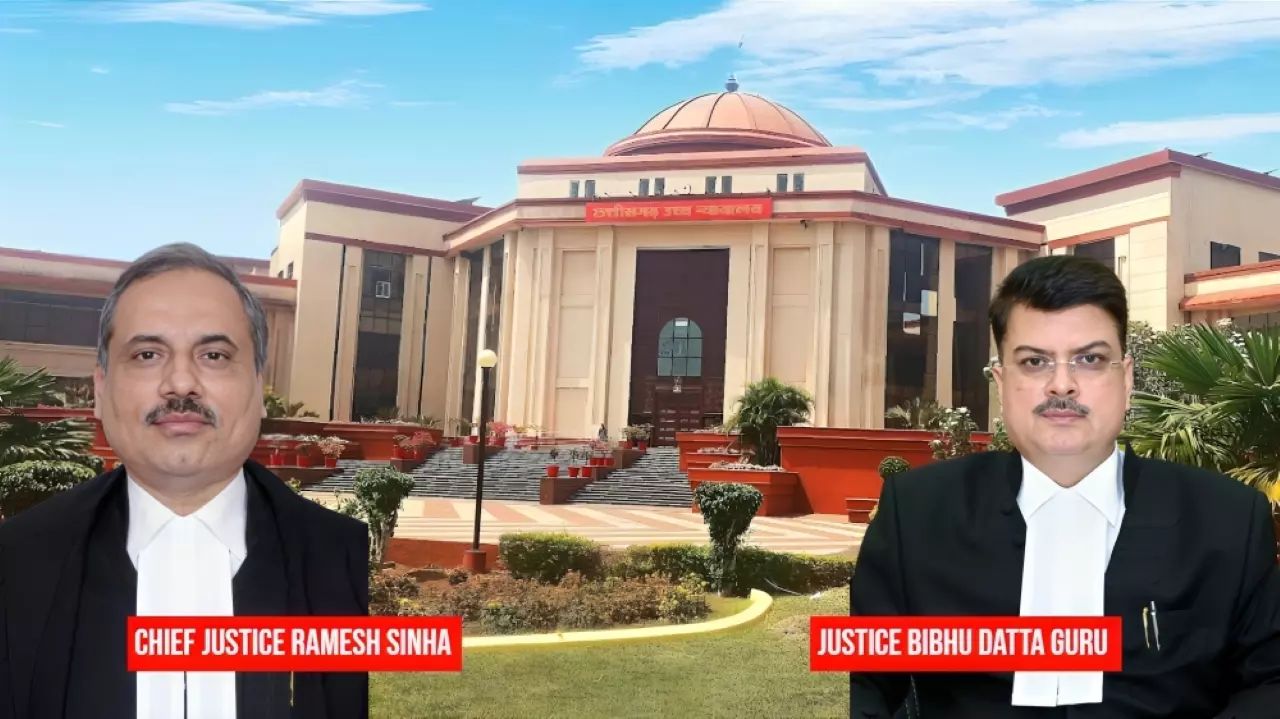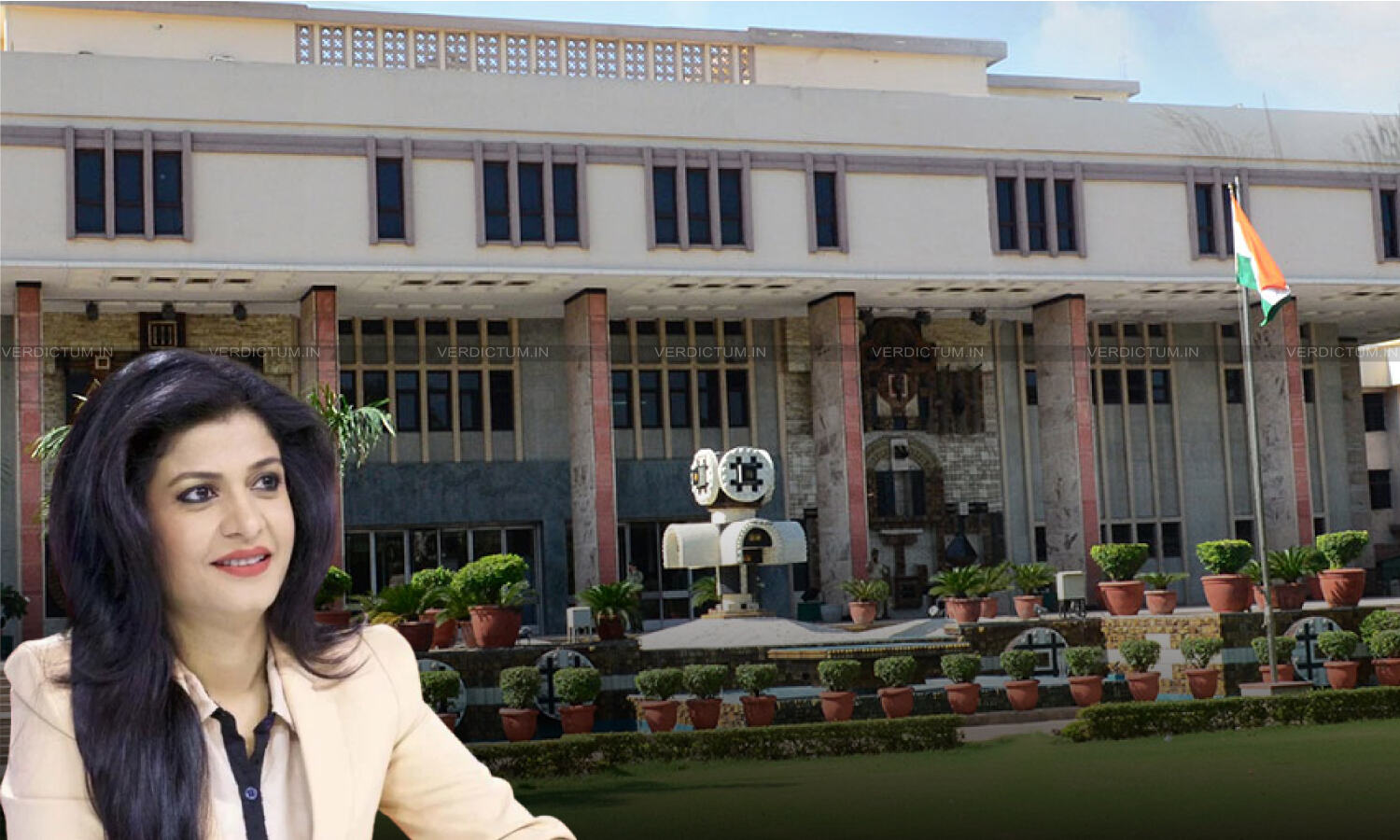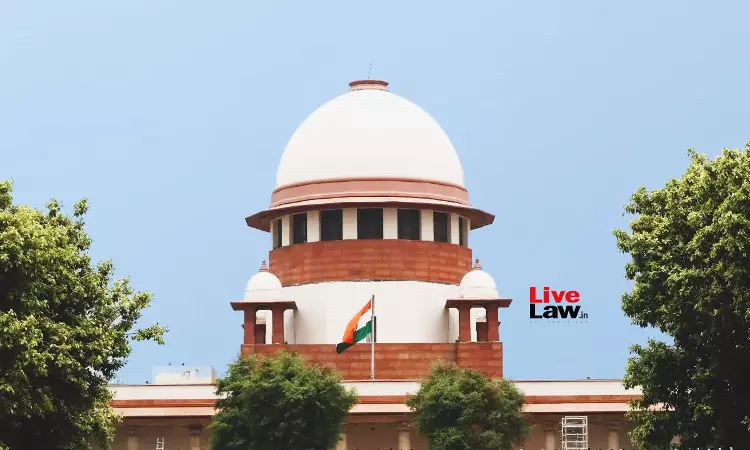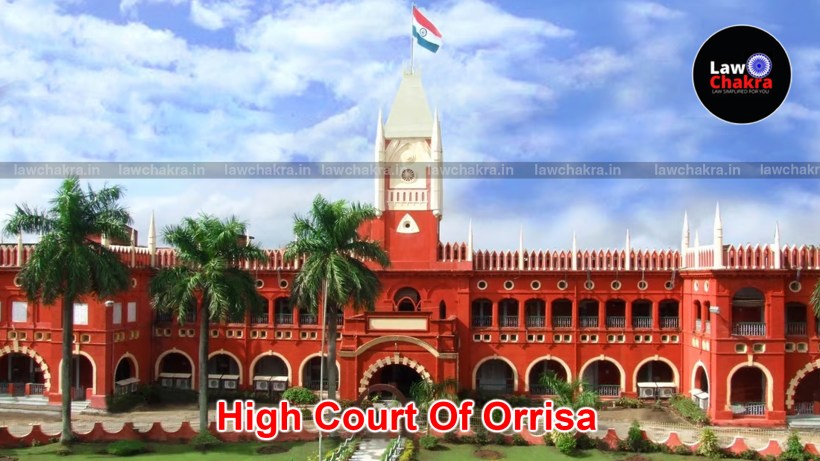Calcutta High Court Commutes Death Penalty Of Man Who Raped Minor, Burned Her Dead Body


The Calcutta High Court on Tuesday (June 24) commuted the death penalty awarded to a man convicted for the rape and murder of a minor girl to life imprisonment, after noting that he did not have any criminal antecedents or past unsocial behaviour and was of “advanced age of 58 years”.
The court however upheld the conviction of the appellant by the trial court, observing that “circumstances brought forth by the prosecution leaves no iota of doubt that the appellant alone is the perpetrator of the crime“.
A division bench of Justice Debangsu Basak and Justice Md. Shabbar Rashidi in its order said,
“The facts of the case reveal that the victim used to work as maid servant at the house of the convict. There is nothing on record to suggest any previous enmity between the victim and the convict or between their respective families. The wife of the convict was a working lady. This might have generated an opportunity to the convict to freely intermingle with the victim which possibly rendered into an illicit sexual assault upon the victim. Later, when the assault was perpetrated, in an anxiety to get off with its consequences, the convict killed the victim and set the dead body on fire with a view to cause disappearance of evidence of crime. The convict is not reported with any criminal antecedent or unstable social behavior in the past. Moreover, he is of an advanced age of 58 years. Therefore, taking into consideration the entire facts and circumstances of the case discussed hereinbefore, we are minded to commute the death sentence awarded to the appellant into one of life imprisonment,” the court said.
The court passed the order while hearing the convict’s appeal against the conviction and death sentence awarded by the trial court as well as a death reference plea. Trial court had convicted the man for offences under Sections 376 (2)(i)(k)(rape), 302(murder) sIPC and Section 6 (aggravated penetrative sexual assault) POCSO Act.
Background
The case stemmed from a complaint filed by the uncle of the victim, who claimed that he received a phone call on August 8, 2016 that his niece was seriously ill. The uncle with his sister decided to meet the victim and thus went to the convict’s house, only to find the victim’s body in the bathroom. It was alleged that the victim was found dead, and her body was in a burnt condition. It was alleged that the uncle suspected that the convict had committed rape upon the victim and set her ablaze.
Senior Advocate Kaushik Gupta, representing the convict, argued that the evidence presented by the prosecution was unable to prove the guilt of his client beyond a reasonable doubt. It was further argued that the bathroom in which the victim’s body was discovered was locked from the inside and was broken upon the arrival of the uncle. It was argued that at the time of the alleged incident masons were working in the neighbourhood but nobody heard anything about any altercation between the victim and the appellant.
It was argued that account given by the witnesses examined on behalf of the prosecution does leave reasonable gaps in the chain of circumstances, hence conviction of the appellant based on circumstantial evidence cannot be sustained.
The State, represented by Additional Public Prosecutor Debasish Roy, argued that the evidence led in the trial proved a complete chain of evidence to show the guilt of the convict.
Findings
After thoroughly examining the evidence and witnesses’ statements, the bench held, “it is quite evident and can safely be inferred that the victim girl suffered an unnatural death. Such evidence led at the trial also establishes that the victim was subjected to sexual assault repeatedly prior to her death”.
The court also noted that the victim was first throttled and then the body was set ablaze in an attempt to annihilate the evidence. The bench also noted that the victim was a minor, as proved by the evidence provided in the trial.
“There is ample unimpeachable evidence on record that the victim was a minor at the time of the incident, aged about 14/15 years. The medical evidence establishes that the victim was subjected to repeated sexual assault prior to the incident of her death”, the bench emphasised.
It thereafter said:
“we are of the opinion that the circumstances brought forth by the prosecution leaves no iota of doubt that the appellant alone is the perpetrator of the crime. The chain of circumstances, are complete and neatly woven to exclude the intervention of anybody other than the appellant, in the commission of the offence. In such view of the facts, we find no reason to interfere with the impugned judgment of conviction passed by learned trial court in convicting the appellant for the offences punishable under Sections 376 (2)(i)(k)/302/201 of the Indian Penal Code, 1860 as well as of Section 6 of the Protection of Children from Sexual Offences Act, 2012″.
Thus, the court deemed it appropriate not to interfere with the judgment of conviction passed by the trial court.
With respect to the quantum of punishment, the court observed that it had been settled by various Supreme Court judgments that death penalty should be resorted to in exceptional circumstances where the court awarding the sentence is able to return a finding that the case fell within the category of ‘rarest of rare cases’ and the possibility of reformation of the convict stood foreclosed.
It thereafter said the convict’s psychological report indicated that he is 58 years old and is not found suffering from any kind of psychopathological infirmity.
“The convict himself previously, used to work as a labourer. No criminal antecedent, however, could be found as against the convict. The evaluation report also signified that there was no history of unstable social behaviour or mental or psychological illness reported against the convict,” the court said.
Commuting the death sentence, the high court disposed of the death reference and appeal.
For Appellant: Senior Advocate Kaushik Gupta with Advocate Santanu Talukdar
For State: Additional Public Prosecutors Debasish Roy and Rudradipta Nandy with Advocate Suman De
Case Title: Srimanta Tung v State Of West Bengal (C.R.A. 684 of 2018)

